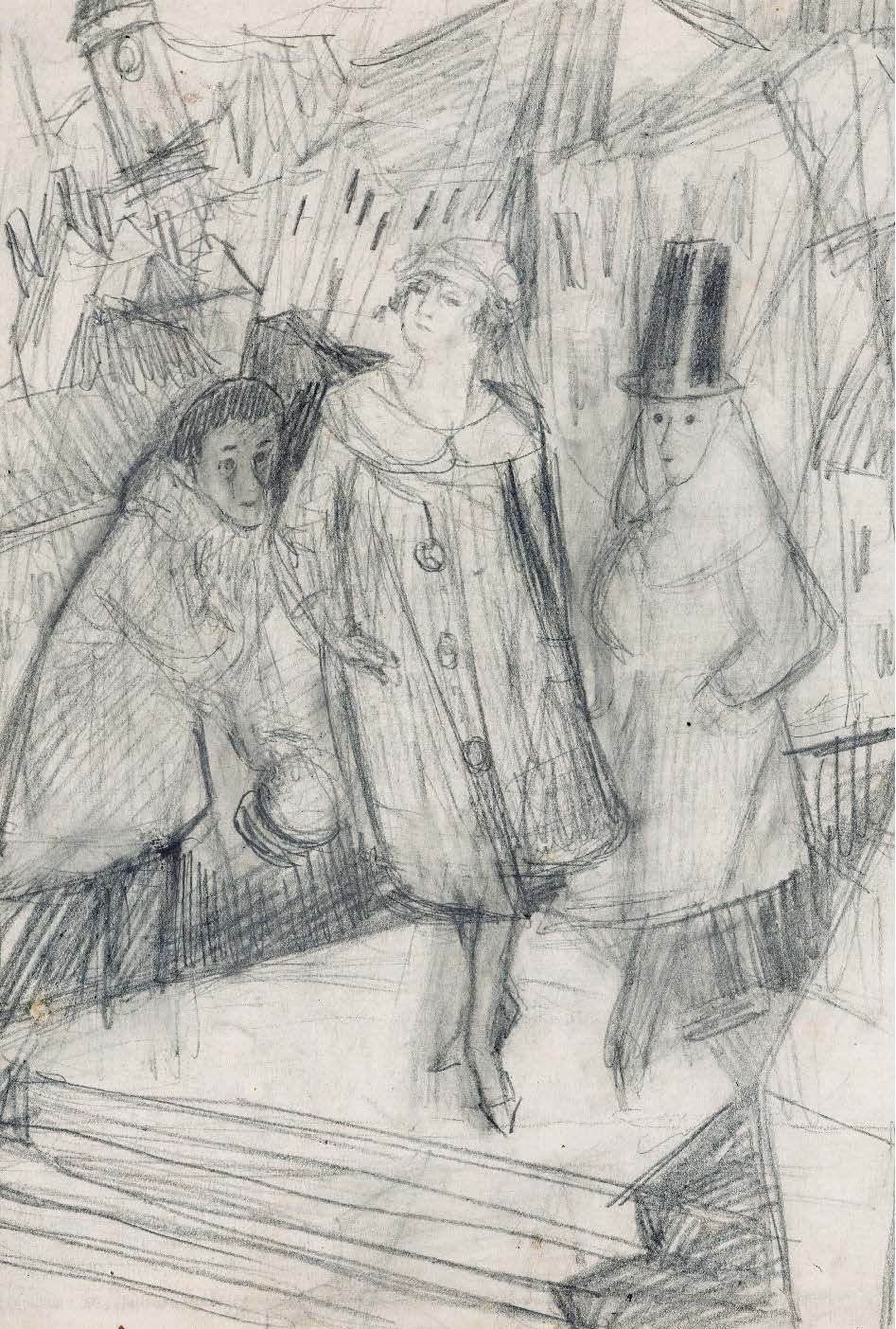Radość indeksowania („Sklepów cynamonowych” i nie tylko)
The Joy of Indexing (“The Cinnamon Shops” but not only)
Author(s): Stanisław RosiekSubject(s): Semiology, Aesthetics, Comparative Study of Literature, Polish Literature, Theory of Literature
Published by: Fundacja Terytoria Książki
Keywords: Bruno Schulz;indexing methods;polish literature;theory of literature;
Summary/Abstract: Indexing Schulz’s fiction is a joyful activity, which is easy to realize. Whoever has not tried it yet, definitely should. Those who do not wish to give it a try must draw satisfaction from reading the following reports and explanations: (1) Indexing is an active way of approaching a text, in particular a literary work which nowadays is rarely supplemented with an index. It is something more than just reading, although without perusing a text first, it is impossible to do it. Indexing is an attempt to spread over the perused text a network that consists of the elements which come from it. An index is a kind of map: it reflects the text, and consequently the world in the text, which means that it can function as a guide; (2) A crucial problem is that indexing is an activity on the borderline separating the represented world and the language which represents it. This borderline is very often fluid and indefinite, hence misleading. The indexer must continually return to the fundamental question whether he or she refers to the thing or to the word which names it (and creates it in literature); (3) The indexer’s starting point is always the textum. Moving word by word, the indexer slowly turns into a spokesperson of the represented world, by self-appointment representing the interest of the literary being. Indexing that grows out of reading is a proto-interpretation. Thus, in indexing a bias (and a sense of commitment) are natural and even desirable since they make it possible to come up with a “hypothesis of the hidden whole of the work” which, close to the text, starts to organize reading and work on the index; (4) If indexing is to be something more than just making a register of linguistic forms which are evidently present in the textum, but tries to reach further, beyond words (and particularly to the world which goes beyond itself), it should take into consideration a state which may be called the state of ontological ebullition. It encompasses both the represented world and the passages between that world and the textum – the act of its creation and the act of the reader’s transgression of that creation at the moments when, to use Schulz’s metaphor, “it diffuses beyond its boundaries.” The indexes allow us to identify those passages as they atomize the textum, dividing the literary tissue into single fibers. This means that the object of indexing is not only the textum and the represented world, but also, and perhaps even in the first place, the writer’s imagination which stations (and rules) on the borderline between words and things.
Journal: Schulz/Forum
- Issue Year: 2019
- Issue No: 13
- Page Range: 155-171
- Page Count: 17
- Language: Polish

